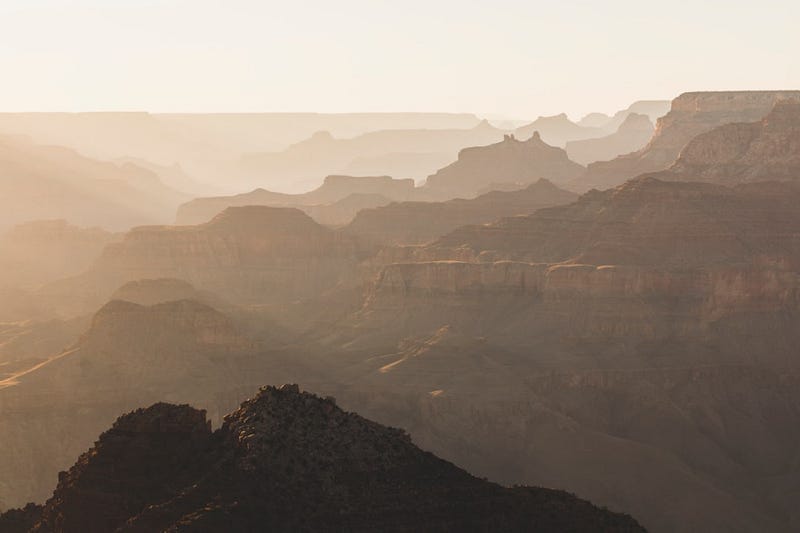The Price of Gold
A short western story

I won’t waste any more time drawling on and on about my life, my baby days and my mother, but you can rest well knowing she’s resting well.
I took to the streets when I was too old to remember her, but too young to tell any man my real age. Jumped on and off of ships carrying salt and cloth and other things I couldn’t afford, and was finally kicked off the water by Neptune himself. I washed up on a golden shore, and resolved to drink myself to death. The nearest saloon sang a siren song that would have turned a monk, so I started planning my short retirement.
Instead, I found Jonas.
Jonas was the kind of man who knew how to skin just about any animal and cut it down into bits, then use up every part. He could fire any gun from any distance, so long as the sun weren’t in his eyes, and then turn around and ask ‘What animal makes that sound?’
He was a ghost, and it was a privilege that I got to follow him, only he always said he was following me.
Men at that time were bleeding aimless. There was a whole playground of a continent for them to take, and somehow we always ended up in each other’s paths. That’s how things got messy. So Jonas and me, well we became a pair of strangers. We wandered the plains, stopping when we were hungry or tired, or sometimes not stopping. When you’re crossing a red desert at night, and your vision’s swimming, and you don’t know if the ground’s shaking or your horse just got a stone in its shoe, that’s when the world seems a mite scary.
Jonas loved those nights. He loved being hungry most of all.
“The devil catches us asleep most often,” he used to say.
“He’ll catch us faster if we run at him head-on,” I’d shoot back, but he’d only laugh and pull the reins, steer us both into some shade. And that used to be that.
I never thought to ask him about himself. He gave the impression of a man who didn’t want to be asked anything, except “What next?” and his answer was always the same.
“With the sun on our backs, Spitter.” That was my name, or so he gave me. I lost my name at sea, so I took what I could, even if it reminded us of a rabid cat. I did everything Jonas told me to do. That sounds as if I hated myself, but he did most of what I said as well.
Oftentimes, though, we were at odds. And like the strangers that crossed paths too many times to count, so too did our paths diverge, and we tossed a coin who would ride in the direction of the wind, and who would take it head-on.
We always found each other again, sooner or later, in a bar or a bullfight, or on one momentous occasion, in the middle of nowhere, both of us starved into twigs, picking on rocks. We tossed our last coin and decided to head South, and saved ourselves.
It’d been almost a year since then, and what with the railway carving its way through the land, we thought to place our bid on it. We were both of us tired and too old to call ourselves young men anymore, too well-travelled to be strangers to any land. A house was past our horizons, but we had made a fair few coins and hid away much more we’d stolen.
Jonas nodded and closed his eyes every time I talked about finally settling down for a while. He said nothing, and every morning picked back up again.
I never once thought about ‘forever’ until that morning I woke up and he and his horse had cleared off. I think it scared him, the thought of not moving anymore, of not being hungry. Because he was hardly ever hungry for for; he got fat off the wind in his nose and the sun on his back. It was when he wasn’t moving that he starved.
He left me with all our loot, like he’d already died and had nothing better to do with it. I guess it felt like that to me, at the time, but the feeling faded as I did what every man in my boots wanted. Except Jonas, I guess. I settled down, left my horse in the field to live out its last days, and bought a clean little farm with my dirty money.
And I changed my name and forgot his until the hairs in my beard turned grey as the the cliffs I used to ride along. Then his body was carted into town, and into its grave. The lines on his face told of the wind that he’d faced every day without me slowing him down, but his pockets were empty. I dug in my yard behind an old oak, where I’d buried my savings for my own funeral. I took two gold coins, laid them easy on his dead eyes, that had seen further than most would ever sail, and sent him off on his last adventure.
I hope one day I’ll get to run with him again, strangers side by side one last time.